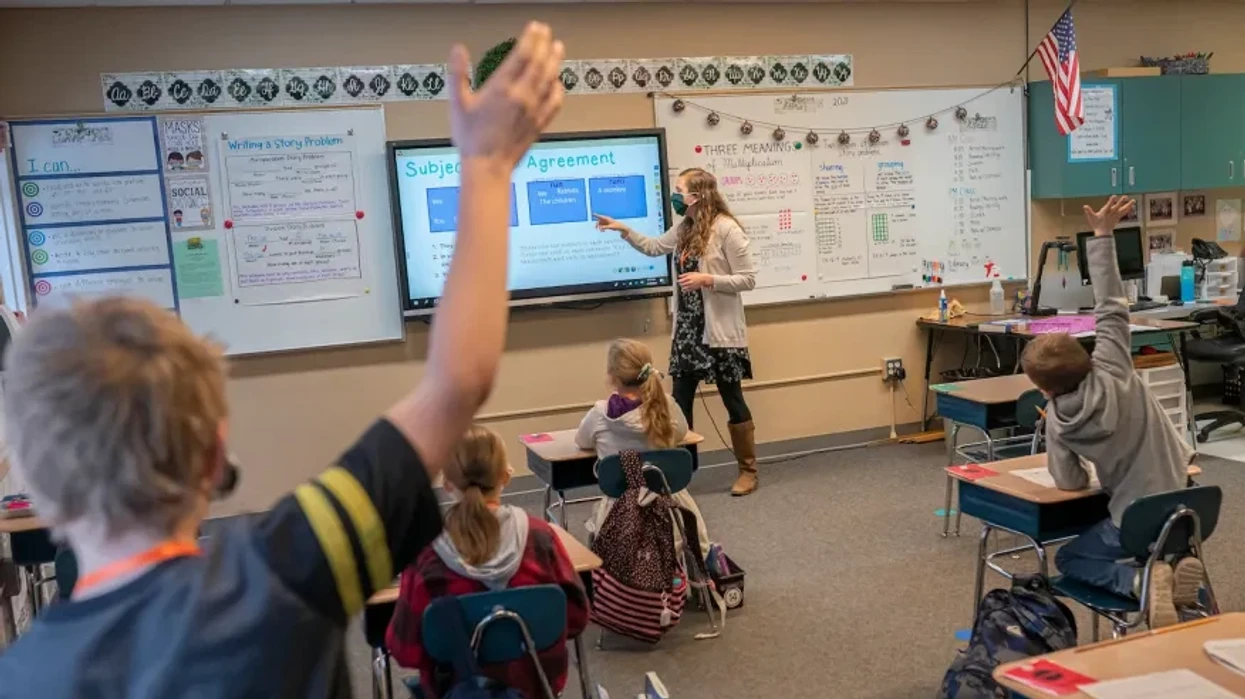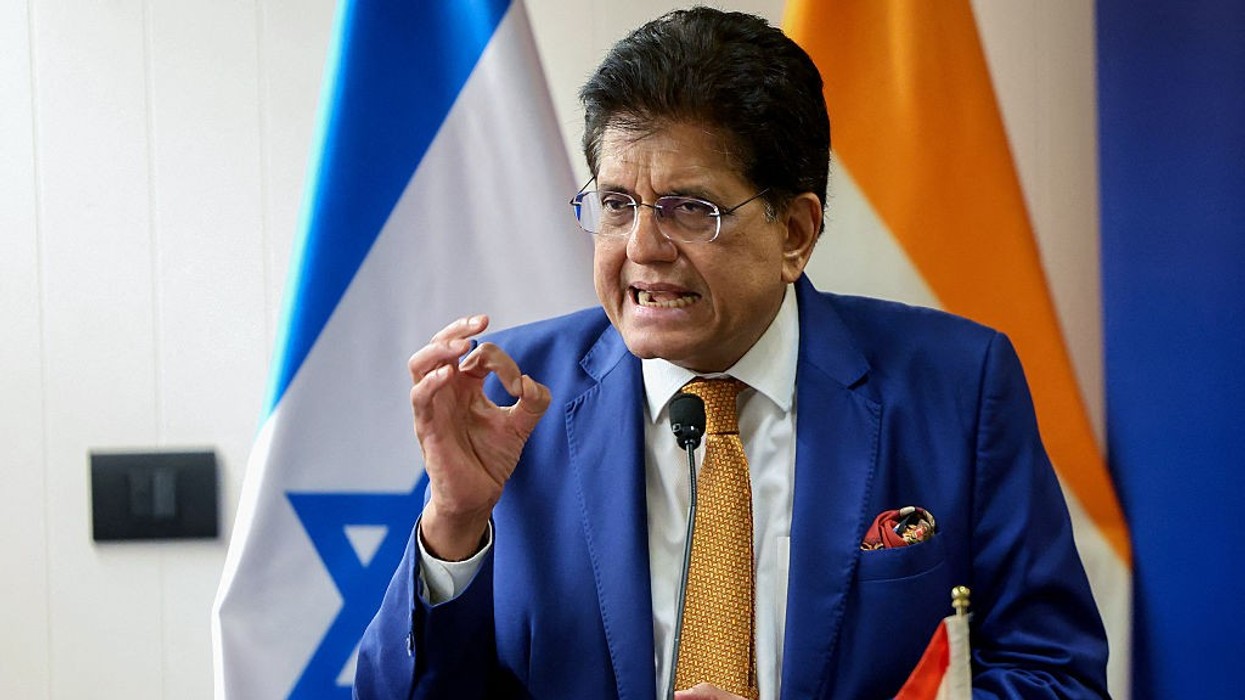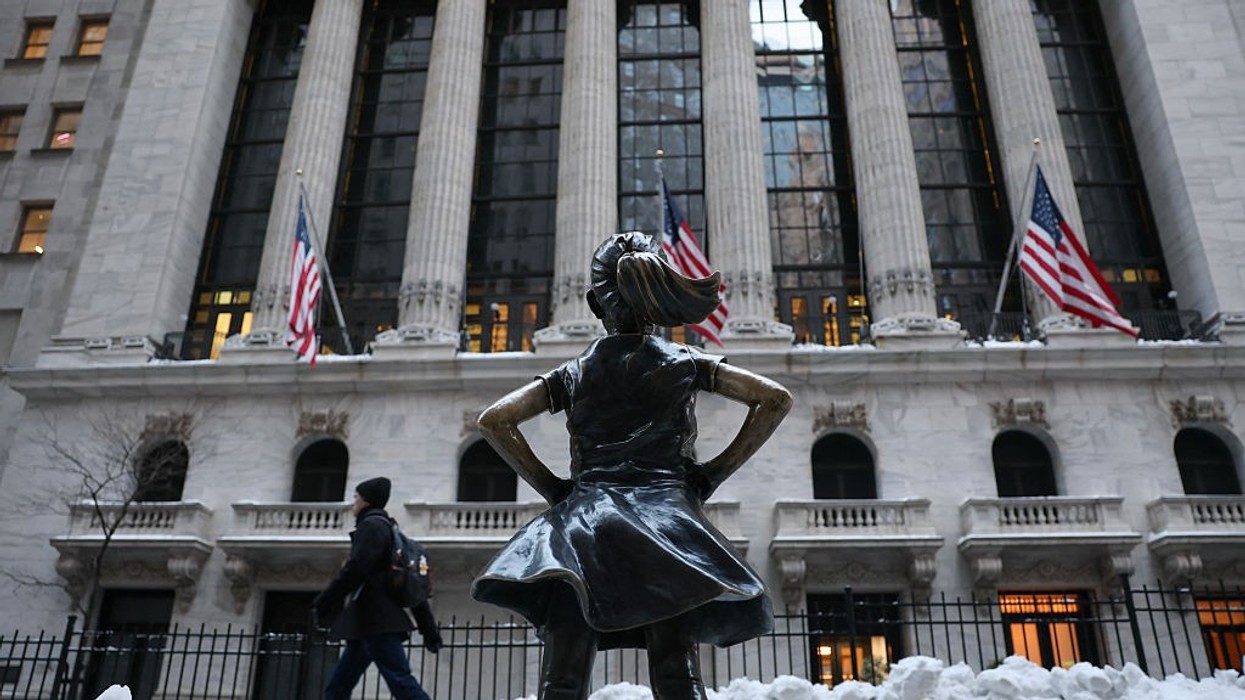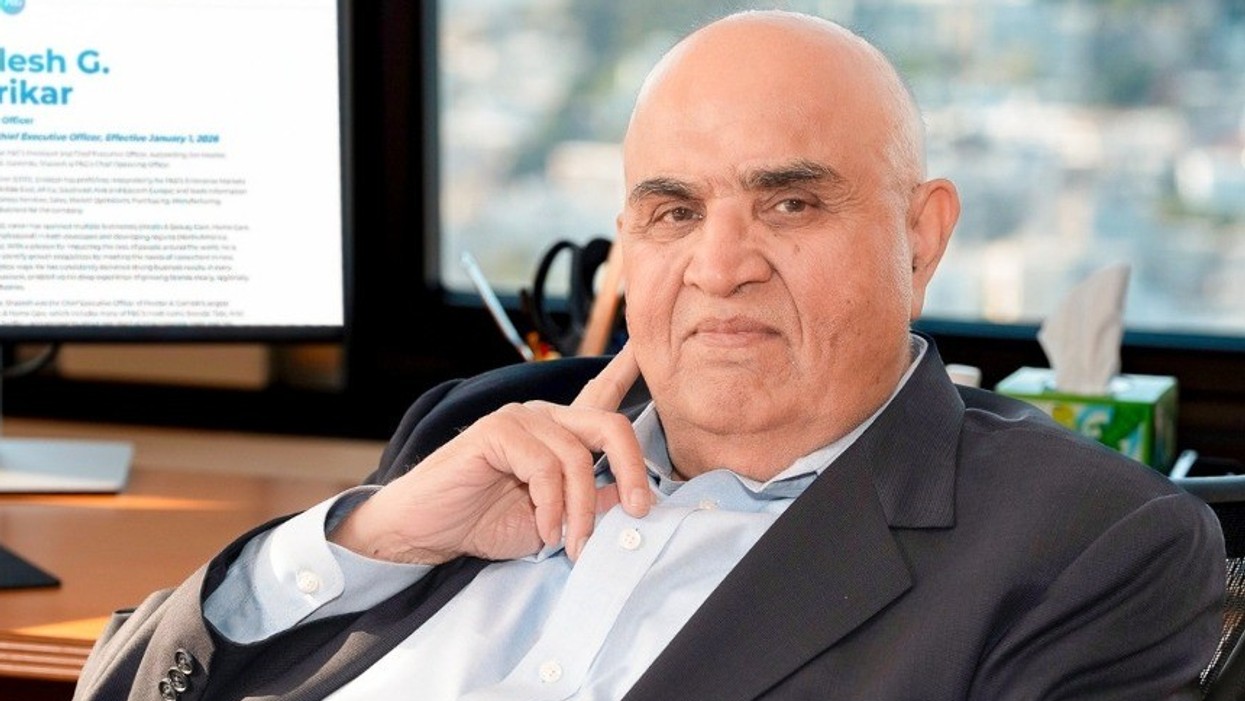Leading tech companies have teamed up with two teachers’ unions on a mission to train 400,000 K–12 educators over the next five years through a new training center that will help educators integrate artificial intelligence tools into classrooms across the US.
The $23 million initiative, announced by the National Academy of AI Instruction, is backed by Microsoft, OpenAI, Anthropic, the American Federation of Teachers (AFT), and the New York-based United Federation of Teachers (UFT). The new academy project, with Microsoft serving as the single biggest backer, will develop AI training curriculum for teachers that can be distributed online and on-campus in Manhattan, New York.
This comes at a time when teachers, parents, and schools are grappling with whether AI should be incorporated into education—and if so, how. AI is transforming workplaces, and educators don’t want children to be left behind and want them to know how to use it. Teachers can use AI to automate certain tasks, leaving them space to engage with the students.
Educational institutions have been experimenting with AI as it rapidly evolves. While some remain skeptical, others have embraced it. Many institutes are against it while many embrace it. In New York City, the education department restricted the usage of ChatGPT from school devices and networks in 2023. Later, it was reversed months later, and an AI policy lab was constituted to explore the technology’s potential.
US President Donald Trump expressed support for the initiative by signing an executive order establishing a White House Task Force on AI Education. The order also called for public-private partnerships to provide resources for K–12 AI education and the responsible use of AI tools in academia.
Education has been a prominent area of interest for AI developers to grow their businesses. In February this year, OpenAI announced a partnership with the California State University system to bring its software to 500,000 students and faculty. Later in April, Anthropic introduced Claude for Education. This version of its chatbot is tailored for higher education and backed by popular educational institutes including Northeastern University, Champlain College, and LSE. Google has also been a main contender to make AI tools useful for public schools and universities.
“When it comes to AI in schools, the question is whether it is being used to disrupt education for the benefit of students and teachers or at their expense,” Chris Lehane, chief global affairs officer of OpenAI, said in a statement. “We want this technology to be used by teachers for their benefit, by helping them to learn, to think and to create.”
Stressing the importance and urgency of this step, Lehane added during the event, “How can we make sure that, in the K-12 context, that we’re equipping those kids, those students, with the skills that they’re going to need to be able to succeed in what we think of as the intelligence age? And you can’t do that unless it’s actually given to the teachers to do that work.”














